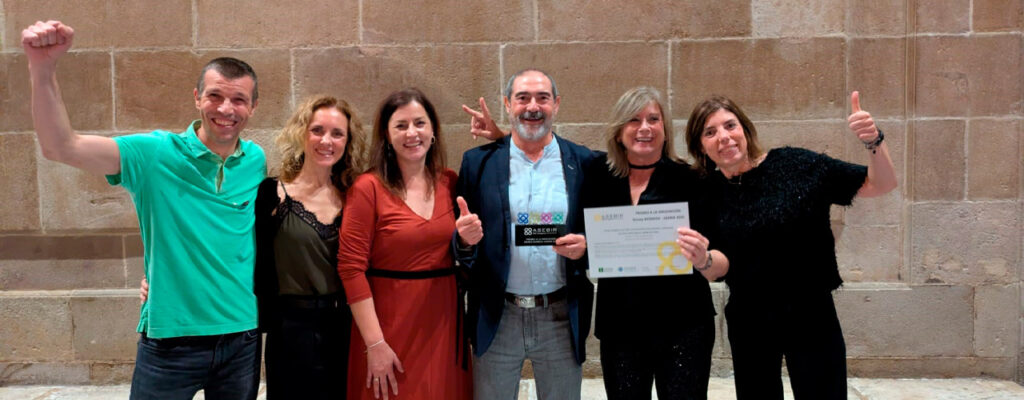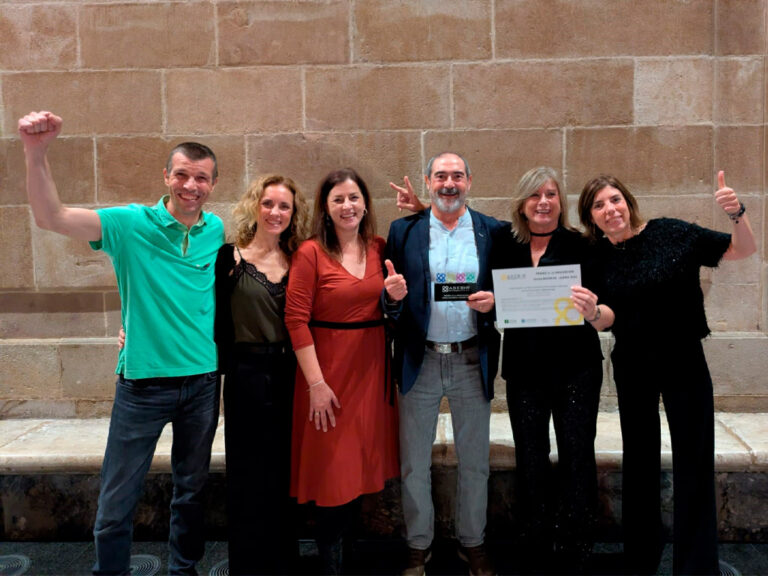
A collaborative study carried out by the Biology team of the Dexeus Mujer Group and the Cell Biology Unit of the Faculty of Biosciences at the Universitat Autònoma de Barcelona (UAB) has been awarded the “Innovation Award” for the best oral presentation at the recent XIII ASEBIR Congress, held in Barcelona.
The study, led by Dr The study, led by Dr Montse Boada, Head of the Biology Department at the Dexeus Mujer Group, evaluates the feasibility of using lyophilization as a method for preserving human spermatozoa.
It has been demonstrated that freeze-drying does not impair the ability of sperm to activate the egg, since once injected into the oocytes, transcription of sperm DNA is observed.
The results open the possibility of considering the use of this technique in extreme situations or remote locations, such as desert areas or outer space, where it is not possible to cryopreserve human sperm using current techniques due to the inability to use liquid nitrogen.
The work continues a line of research developed by the same Dexeus Mujer team in collaboration with the Universitat Politècnica de Catalunya (UPC), which analyzed the impact of microgravity on frozen human sperm samples and opened the possibility of advancing future preservation of sperm samples in space.
The XIII edition of the ASEBIR embryology association’s Congress, which this year broke records with more than 600 registered attendees and over 240 presentations, took place last week at the “Fira de Montjuïc” Barcelona Conference Center, from November 12 to 14.
